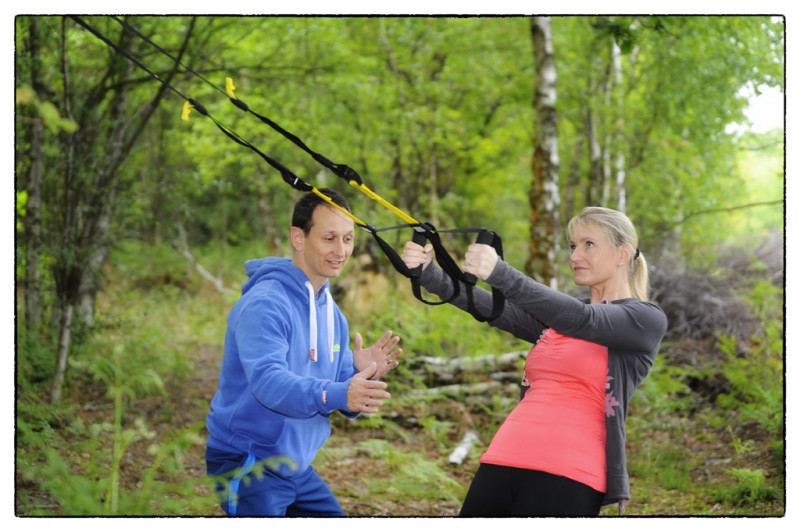So you have been training hard since the New Year , and feel you eat well – but the results are not coming thick and fast. Local Peasmarsh personal trainer Mark Tozer gives his views on food.
One of the big issues with New Year fitness training is that we do not accept that this is a journey and lifestyle change. This thought process plays a big part in why people give up by the time February is upon us. Hence the search for the next diet fad that is being shouted from the roof tops.
Before you go down this route though think about an easier option such as eating good food, readily available in the local area, that supplements your training and gives you the results you are looking for.
Make sure your meals are broken down to provide macronutrients, protein, carbohydrate and healthy fat sources that are as fresh as possible. Have fish, meat, poultry as a protein source, or head for a combinations of nuts and pulses if you are not a meat eater.
Eat carbohydrate sources that provide energy longer than a chocolate/cereal bar will give you, such as sweet potato. Things that contain fibre generally are a good way to go. Do not be afraid of carbohydrates as this is the body’s preferred source of energy for exercise.
By healthy fats I mean cutting back on saturated fat that comes from meat, egg yolks and so on, as well as man-made trans-fat that is put into biscuits and cake. Nuts and oily fish are a great source of healthy fat (omega 3 and 6).
To provide your body with the vitamins and minerals (micronutrients) it needs to help the training process, get loads of colour on to your plate – green leafy veg like kale, broccoli and spinach with carrots and peppers will provide you with a good cross section.
UK guidelines suggest that 10-15% protein, 50-60% carbohydrate and 30% fat should be your meal breakdown and the type of exercise you do could determine the amount of protein you take in. People training for strength and size naturally need more due to a greater break down of muscle fibre during training.
Alcohol is full of empty calories yet we can knock a bottle of wine back in no time and take in around 700 kcals plus for our trouble. Five bottles during a month is around 3,500 kcals which is actually equivalent to 1lb of fat. And each of these calories provide no beneficial nutritional content. Reduce, reduce, reduce.
You can do your research into what works best, but for somebody trying to make changes who has only just started exercising or training, I guess I am trying to say it does not have to be rocket science.
If you provide your body with more than it needs then you will not see the benefits that you deserve to see. Make sensible, fresh, healthy choices that will help you and lead you in the direction you want to go. It’s a journey.
Photo: Mark Tozer



